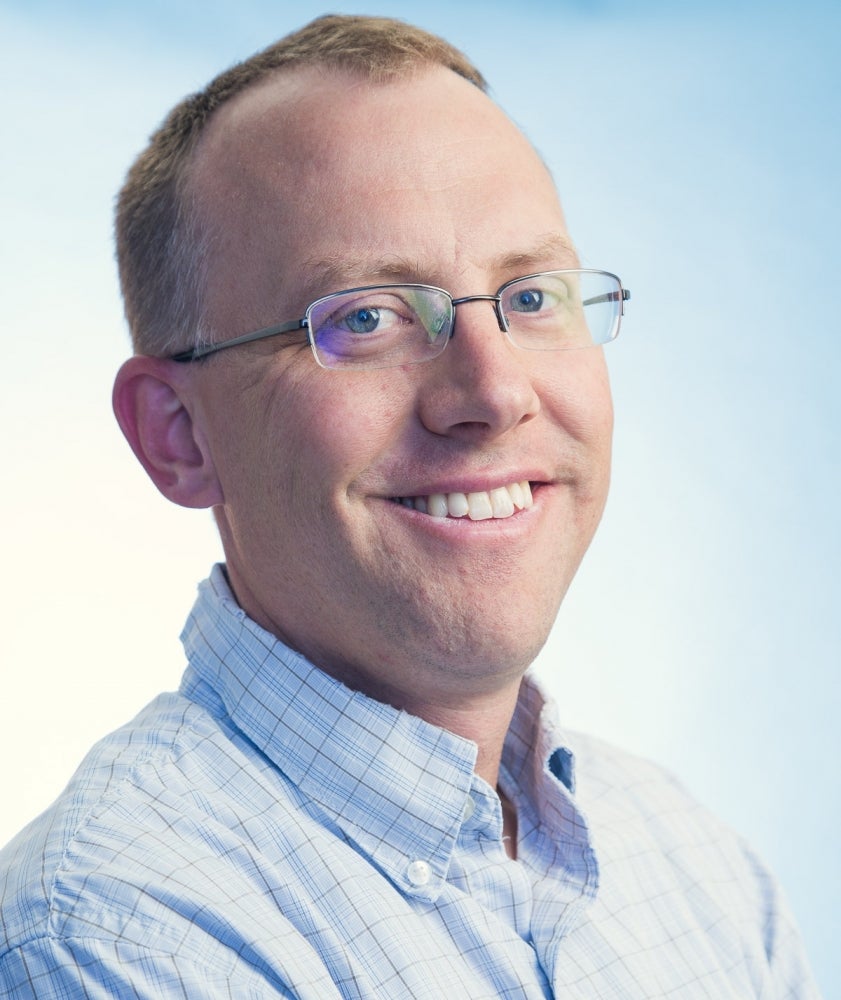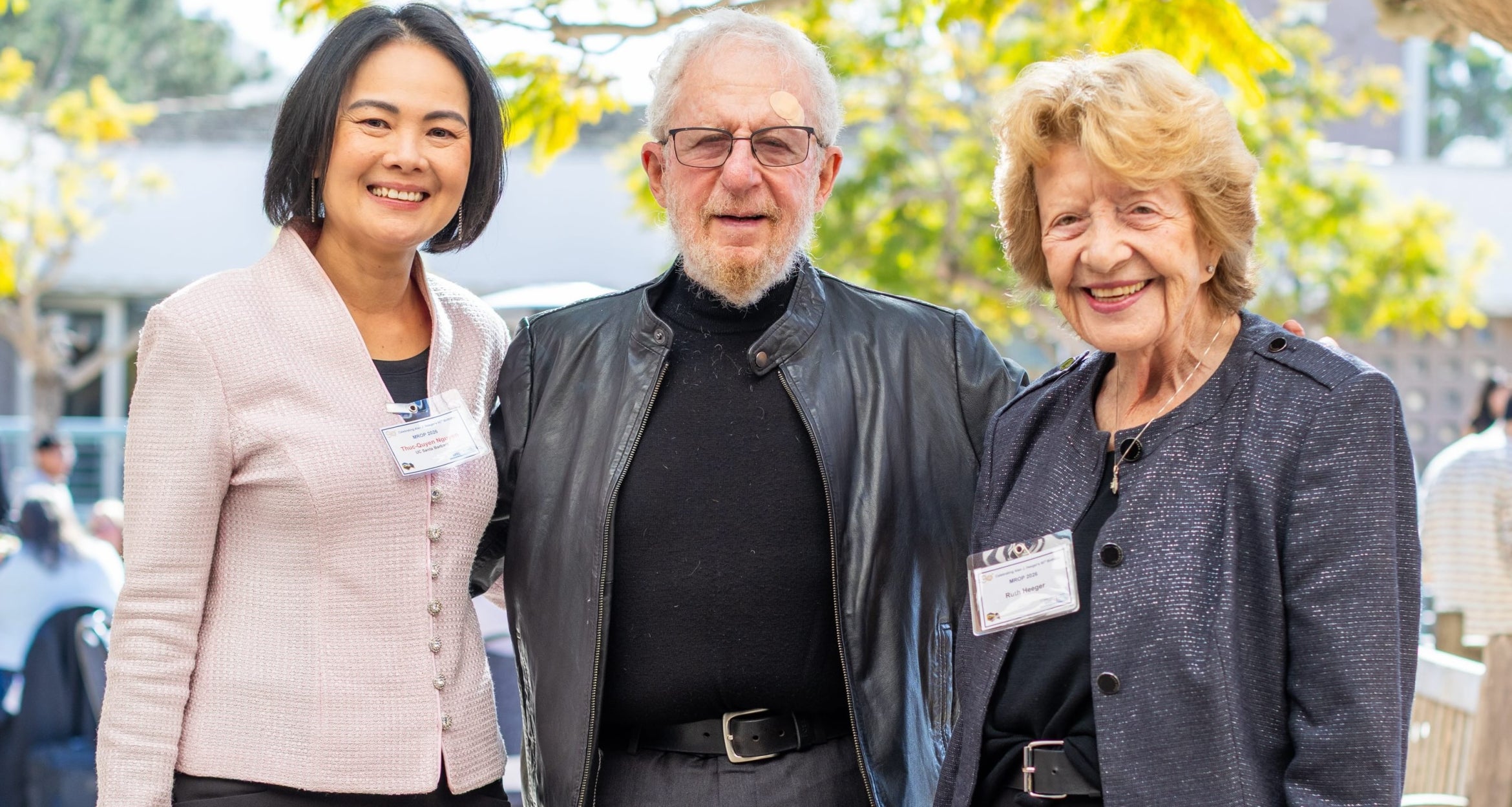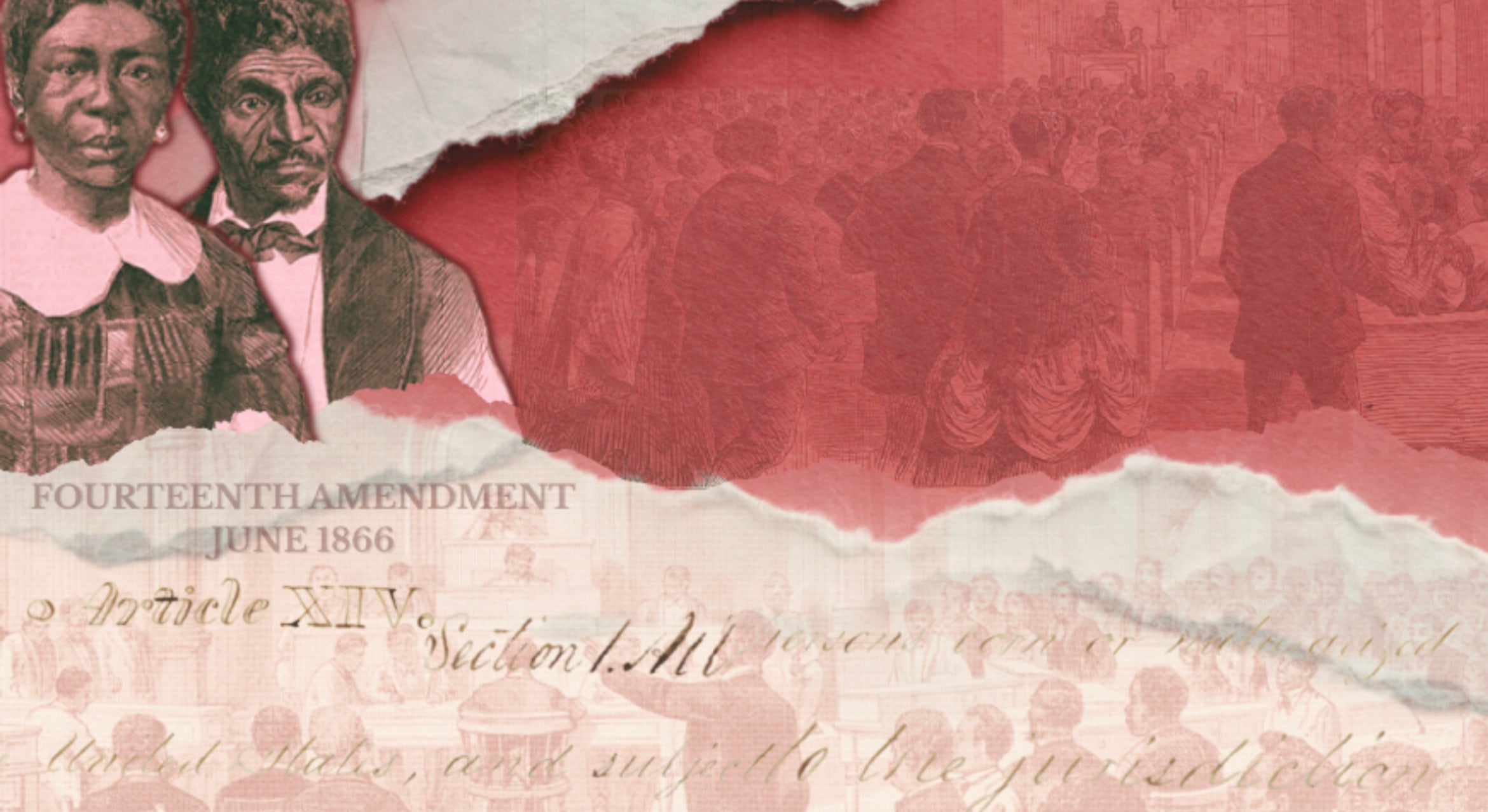
Antarctica by Way of the U.K.
It may seem a roundabout way to study the Antarctic, but UC Santa Barbara geologist Alexander Simms will travel to the United Kingdom to do just that.
Simms has received a Fulbright U.S. Scholar Award to conduct research and lecture at Durham University for 11 months starting this fall. He will work with others in Durham’s geography department to examine how the Antarctic ice sheet has responded in the past to climate change and will map ancient tsunami deposits in northern Scotland. Simms also will help teach a course on coastlines.
“Studying the coastline of Scotland and northern England alongside my British colleagues will provide me with new perspectives that will help guide my future studies of the California coast,” said Simms, an associate professor in the Department of Earth Science.
His research about the glacial and sea-level history of Antarctica and the coastlines of the U.K. will enable him to develop new collaborations with other scholars in Antarctica, which, he noted, is “important for conducting research in such a remote environment.”
Raised in Oklahoma, Simms earned his bachelor’s degree in geology from Oklahoma State University and his doctorate in earth science from Rice University in Houston, where he was a National Science Foundation graduate fellow. In 2010, he received the Antarctic Service Medal.
Simms teaches a general education course on Antarctica as well as other courses related to sedimentology and stratigraphy. His research is focused on documenting how ancient coastlines have responded to past environmental changes.
While Simms travels to the U.K., UC Santa Barbara will welcome another Fulbright scholar: Greg Fisher, an associate professor at Carleton University in Ottawa, Ontario, will be hosted by UCSB professor Elizabeth DePalma Digeser, who specializes in Roman history. A historian of late antiquity, Fisher studies the role of pre-Islamic Arab tribes in their role as intermediaries between the Roman and Persian empires. At UCSB, he will teach an upper-division seminar, “Arabia and Its Neighbors, 300-700 CE,” and participate in the Ancient Borderlands Research Focus Group.
“No greater example of the continued importance of international education can be found than in the determination and drive of our 2017-18 grantees,” said Amy Moore, director of the Fulbright Awards Programme. “These students, academics and professionals have identified the relevance of intercultural cooperation to their careers. As Fulbright alumni and future leaders, they will be able to foster personal and professional connections between nations.”



